History today | Songhu Battle broke out
Author:Invasion of the Nanjing Massac Time:2022.08.13


Today, 85 years ago, the Songhu Battle broke out.
During the Songhu Battle, the Chinese army fought against the Japanese army with advantageous equipment, adhered to Shanghai for three months, shattered the dream of the Japanese militarist for three months to force China to surrender. The internal relocation of the organization won valuable time.
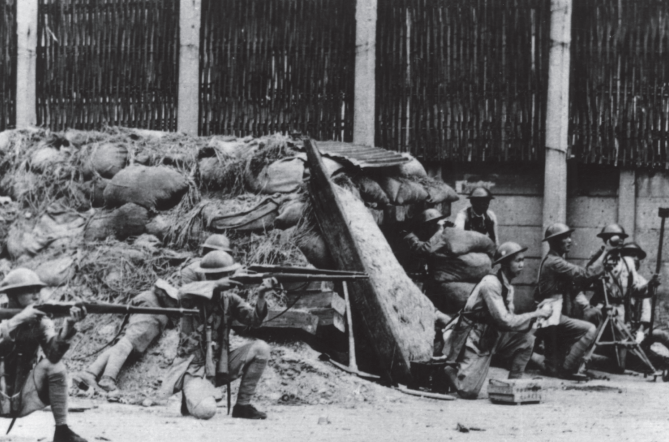
The Chinese army and the Japanese army in the Battle of Songhu launched a fierce lane war
"Self -directed and self -acting"
As early as August 9, 1937, the Japanese side provoked the "Hongqiao Airport Incident". Three days since, the Chinese and Japanese troops have been armed nervously.
On the evening of August 9th, the Lieutenant Mountain Yoshan, the Lieutenant Marine Corps in Shanghai, and Saito Saito, and Tibet, and drove into the Shanghai Hongqiao Airport Alert Line, conflicting with the Chinese security team guards, and was killed on the spot.
Japan immediately proposed unreasonable demands such as retreating Shanghai Security Team and demolition of all defensive industries, and prepared to attack Shanghai.
The situation in Shanghai has reached the degree of tension. While China and Japan, they are actively preparing for the foreign negotiations.
Chiang Kai -shek urgently ordered the Beijing -Shanghai police commander and Zhang Zhizhong, commander of the Fifth Army, immediately led his departure to the surroundings of Shanghai to lay off, and made the thirty -sixth division from Xi'an to Shanghai.
Armed confrontation
On August 10, the Japanese Army and Navy urgently sent troops to Shanghai and were confirmed by the Cabinet Conference.
On August 12, the Japanese Army Province and the Staff Headquarters proposed a plan to mobilize 300,000 troops and 87,000 horses, and to send two divisions to Shanghai and Qingdao. On the same day, the Japanese navy also reached an agreement to cooperate.
On August 12, the 87th and 88th Divisions of the Fifth Army in China entered the area of Zhabei and Hongkou, Shanghai, and at the same time, the Navy blocked the Yangtze River entrance and shipped more than 200 ships in the Yangtze River. The main force of the Air Force is also used by North China to Shanghai.
The outbreak of war
At 9:30 on August 13, the Japanese army conflicted with the Chinese defense between Shanghai North Railway Station and North Sichuan Road. At 4 pm, Major General Okagawa, commander of the Japanese Marine Corps in Shanghai, ordered the Chinese army to launch a full -board offense. The Chinese defenders immediately countered violently. This is the Eight -1 Incident, and the Battle of Songhu has begun.
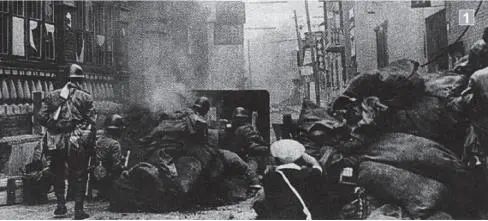
Japanese artillery fiercely shells against the Chinese army
On August 14, the Chinese government issued the "National Government's Self -Defense Anti -Japanese War Statement", announcing that "China's territorial sovereignty has been affected by Japan's aggression", "China will never give up any part of the territory, encounter aggression, and only implement the talent of talent. Self -defense rights should be applied. " At the same time, the Army and the Air Force put into the fight against the Japanese army.
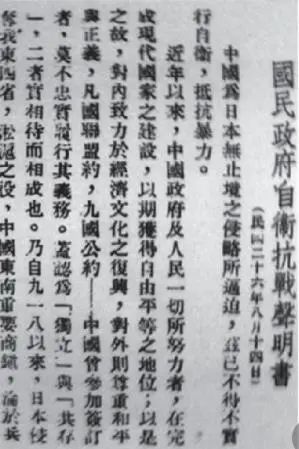
The Chinese government issued the "National Government's Self -Defense Anti -Japanese War Statement"
In the later period of Songhu's Anti -Japanese War, the "800 strong men" of the 524th Regiment of the 88th Division of the Chinese Army's 88th Division. Under the leadership of the Lieutenant Colonel, Xie Jinyuan entered the four -way warehouse late at night on October 26, 1937. The "eight hundred strong men" determined to donate their lives, fighting against the poor Japanese invading army with a projectile land, fought fiercely for four days and nights, and repelled the enemy's crazy attacks many times.
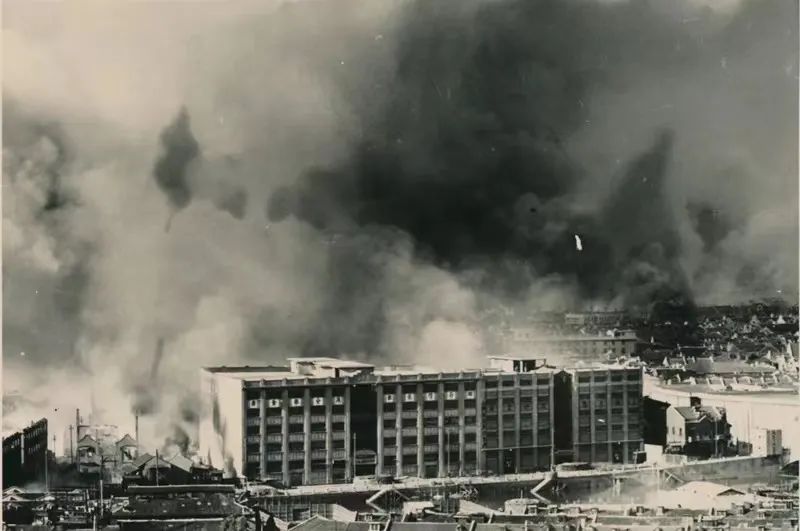
Photo by Hailan Lyon, Hailan Lyon in the War of War (Source: Shanghai Four Elements Warehouse Anti -Japanese War Memorial)
On November 5, 1937, the Tenth Army of the Japanese army landed on the Kingsoftwei area on the north bank of Hangzhou Bay.
On November 12, Shanghai fell, and the Battle of Songhu ended.

· Source: "The History of the Chinese National Anti-Japanese War (1931-1945)" edited by the First Research Department of the Party History Research Office of the Central Committee of the Communist Party of China; WeChat public account of the Shanghai Four Elements Warehouse Anti-Japanese War Memorial Hall
· Editor: Pannana
· School trial: Li Ling Zhao Yihan
· Supervision: Ling Xi
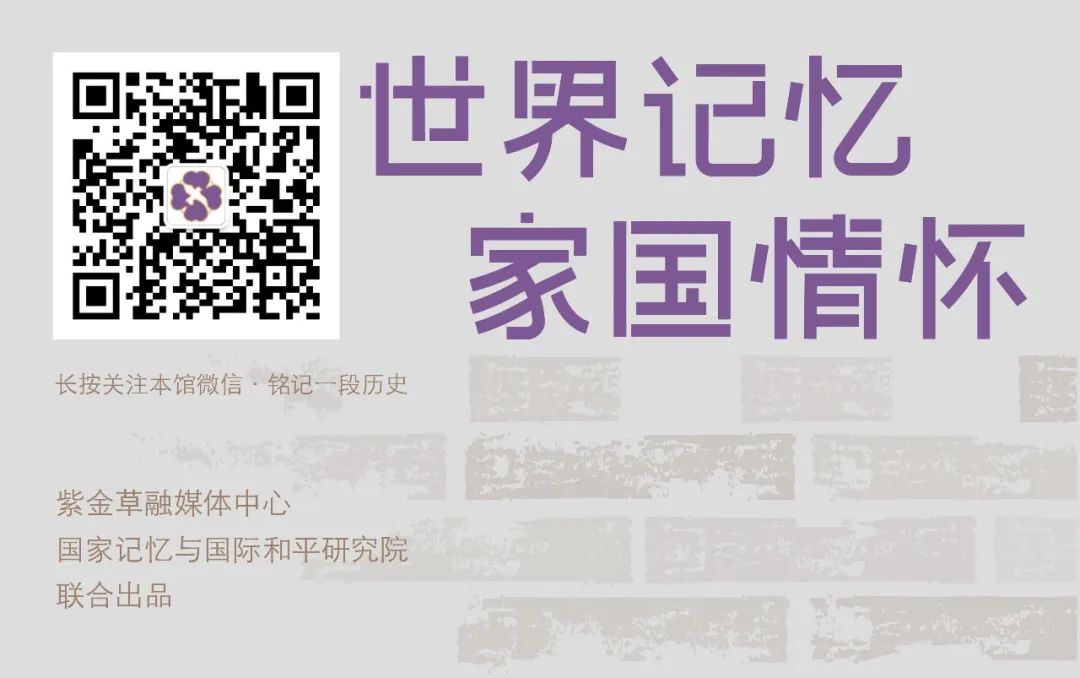
- END -
"I have been accepted by the Rocket Army University University!"
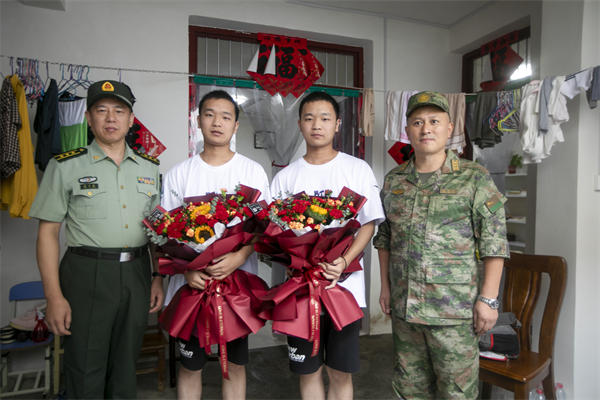
Recently, the results of the early admission batch of the college entrance examina...
Serving the first user domestic civilian turbhaft engine AES100 will assemble the "Rainbow" drone
Xinhua News Agency, Beijing, July 3 (Reporter Song Chen) The reporter learned from China Aviation Engine Group Co., Ltd. that 1,000 kilowatts of advanced civil turboshaft engines independently develop